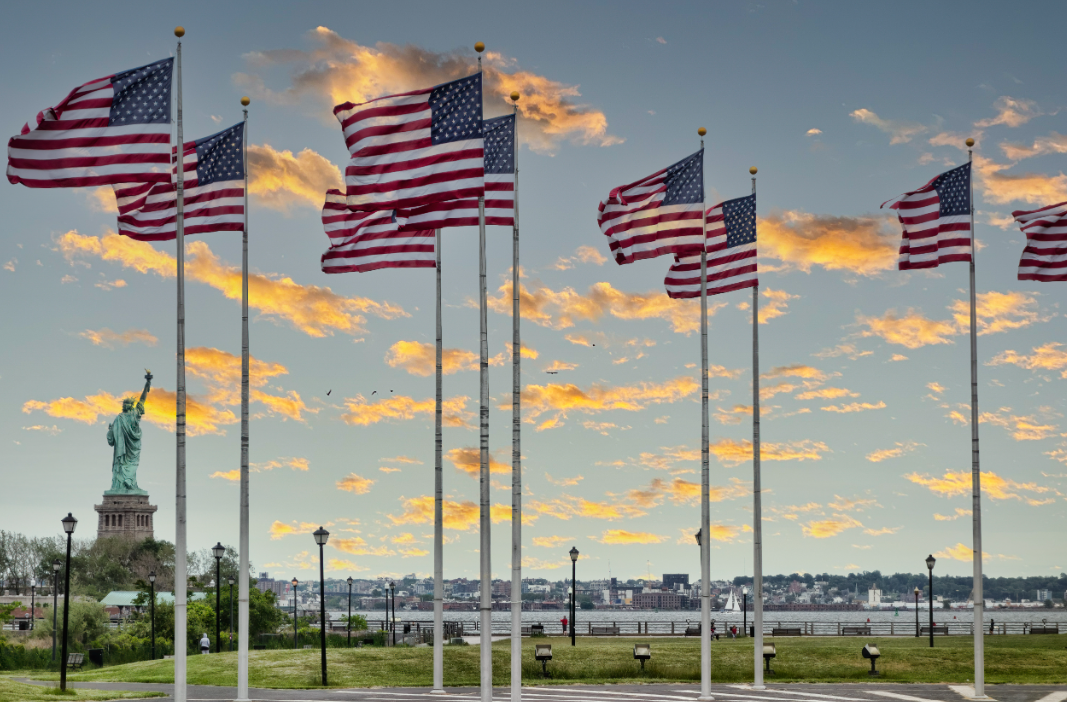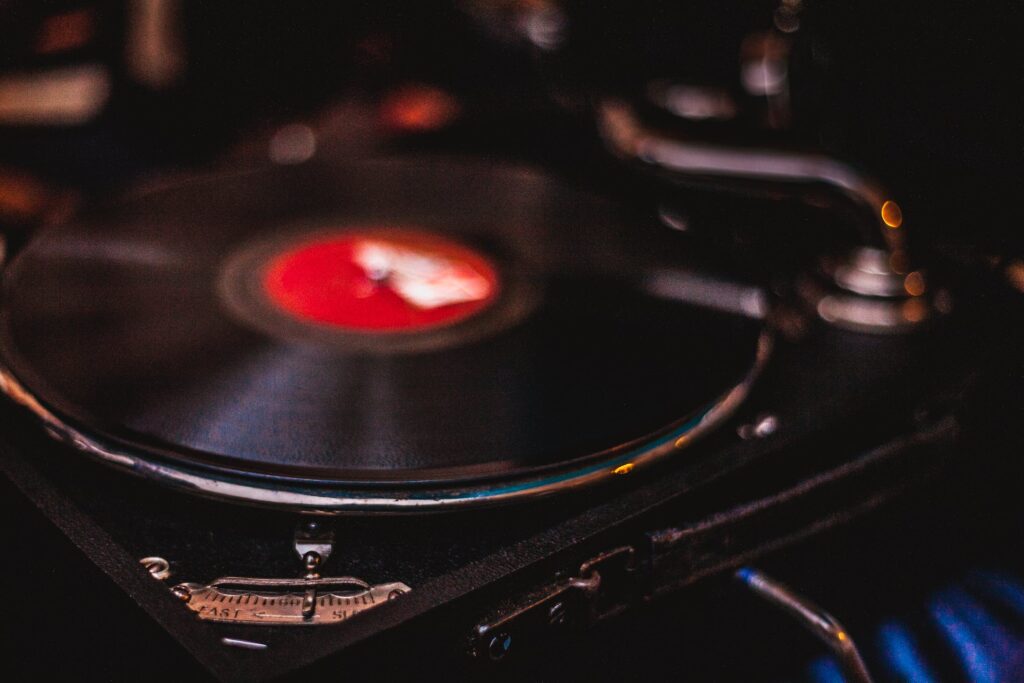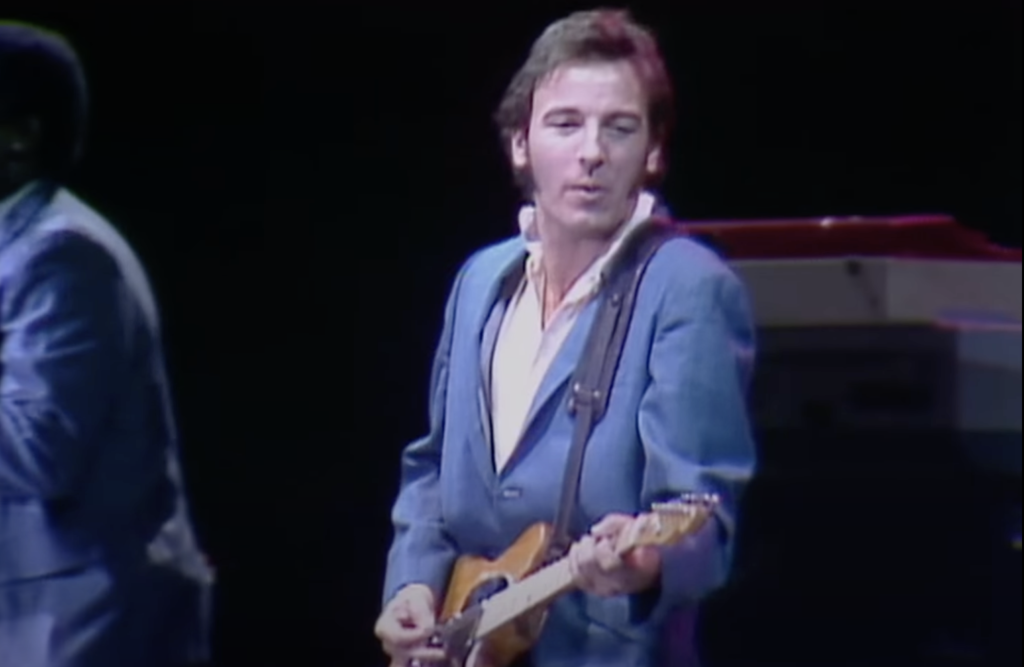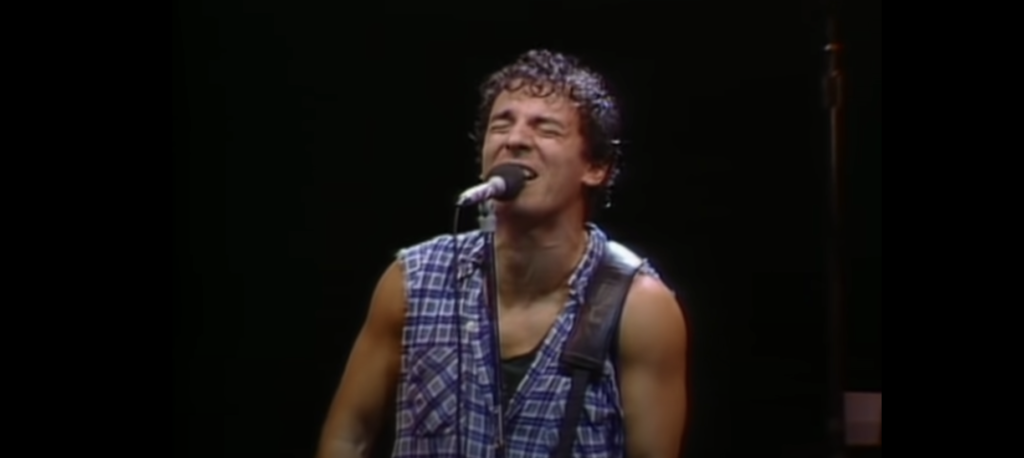While many states have officially designated state songs, some regions have unofficial anthems that hold a special place in the hearts of their residents. New Jersey, known for its rich musical heritage, is no exception. In this article, we will delve into the realm of unofficial state songs in New Jersey, exploring the diverse range of musical compositions that have captured the spirit and essence of the Garden State.
“I’m From New Jersey” by Red Mascara
One of the most well-known unofficial state songs of New Jersey is “I’m From New Jersey,” written by Red Mascara in 1960. This spirited and humorous ode to the state’s unique characteristics has become an anthem embraced by many New Jerseyans. Its catchy melody and relatable lyrics celebrate everything from the state’s famous landmarks, Jersey Shore, and diverse communities to its cultural icons and sports teams. While “I’m From New Jersey” has not been officially recognized as the state song, it has been performed at various events and has become deeply ingrained in the cultural fabric of the state.
“Born to Run” by Bruce Springsteen
Another song that holds unofficial status as a state anthem is Bruce Springsteen’s iconic “Born to Run.” Released in 1975, this timeless anthem captures the yearning for freedom, escape, and the American Dream. While it doesn’t directly reference New Jersey, the song’s connection to the state is profound. Springsteen, a native of New Jersey, has long been associated with the region’s working-class spirit and its vibrant music scene. The song’s energetic and anthemic qualities have made it a symbol of resilience, aspiration, and the pursuit of a better life—values that resonate deeply with the people of New Jersey.
“Jersey Girl” by Tom Waits
Although originally written and recorded by Tom Waits in 1980, “Jersey Girl” gained significant popularity when it was covered by Bruce Springsteen in live performances. While not explicitly about New Jersey, the song’s lyrics convey a heartfelt devotion to a woman from the Garden State. It has become synonymous with a sense of local pride and serves as a nod to the strong, resilient women of New Jersey. The emotional resonance of “Jersey Girl” has made it a beloved unofficial state song, capturing the affection and admiration that many residents feel for their home state.
“Atlantic City” by Bruce Springsteen
Continuing the Bruce Springsteen theme, “Atlantic City” is another song closely associated with the Garden State. Released in 1982, this haunting and introspective ballad depicts the struggles and dreams of individuals in a changing world. The song paints a vivid picture of the eponymous city and the economic challenges faced by the region at the time. It has come to symbolize the resilience, grit, and determination of the people of New Jersey, particularly those in the Atlantic City area. While not officially recognized, “Atlantic City” has become an unofficial anthem, resonating with residents who understand the song’s themes on a deeply personal level.
Other Unofficial State Songs
In addition to the aforementioned songs, there are various other compositions that have garnered unofficial status as state songs among certain communities in New Jersey. These include songs like “The Night Has a Thousand Eyes” by Bobby Vee, which celebrates the vibrant music scene in Wildwood, a popular resort town in the state. “Asbury Park” by Southside Johnny and the Asbury Jukes pays homage to the city’s rich musical history and the iconic Stone Pony venue.
Furthermore, songs like “Wildwood Days” by Bobby Rydell and “Seaside Bar Song” by Bruce Springsteen evoke the nostalgic charm and memories associated with the state’s beloved Jersey Shore destinations. While not universally recognized, these songs have struck a chord with residents who share a deep connection to these coastal communities.
New Jersey’s unofficial state songs represent a diverse tapestry of music that encapsulates the essence, pride, and cultural heritage of the Garden State. From Red Mascara’s spirited “I’m From New Jersey” to Bruce Springsteen’s anthems like “Born to Run,” “Jersey Girl,” and “Atlantic City,” these songs have become deeply intertwined with the collective identity of New Jerseyans. Although not officially designated, these compositions have gained popularity and resonance through their ability to capture the spirit, history, and values of the state. They serve as musical symbols, forging a sense of unity and pride among residents, and celebrating the unique character of New Jersey.






